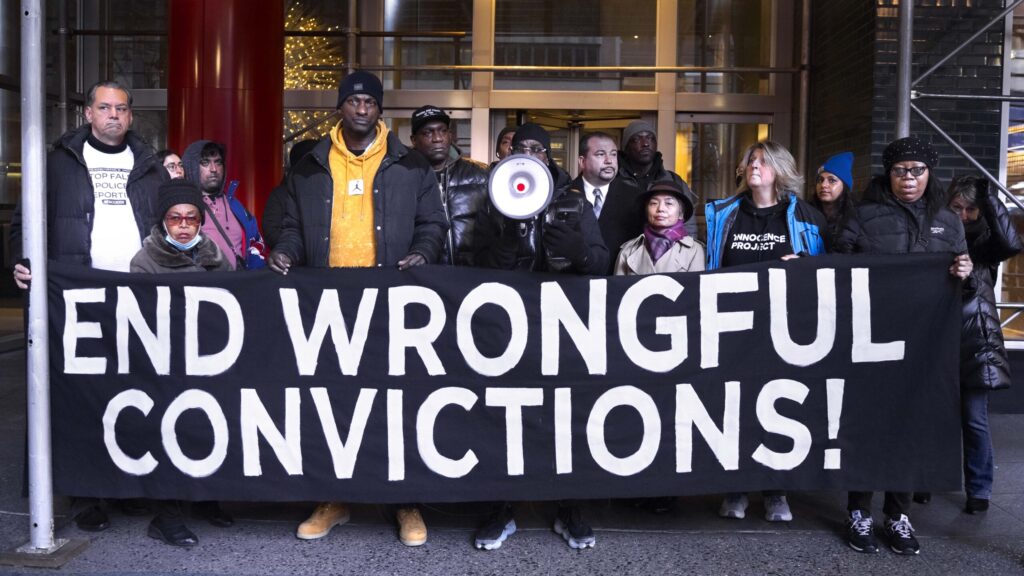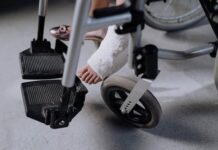
By Maya Kollarmalil
The justice system portrays the main idea that everyone is treated equally under the law, but in reality, that isn’t always the case. Racial bias—the unfair treatment of individuals based on race— plays a major role in court decisions. One of the most harmful effects of racial bias is wrongful convictions, where innocent people, especially people of color, are found guilty of crimes they had nothing to do with.
How Racial Bias Influences Convictions
Bias exists at every level in the legal system, from policing to jury decisions. Studies show that Black and Latino individuals are more likely to be stopped, searched, arrested, and convicted than white individuals, even when accused of the exact same crimes.
Juries are supposed to make fair decisions based on evidence, but racial bias can affect how they view defendant in a court case. Research has found that jurors are more likely to believe any negative stereotypes about Black and Latino individuals, making them more likely to convict, even with weak evidence. According to the “National Registry of Exonerations”, nearly half of all wrongful convictions in the U.S. involve Black defendants, and in murder cases, Black individuals are seven times more likely to be wrongfully convicted than white individuals. Mistaken eyewitnesses, confessions, and racial profiling all contribute to these injustices.
The Impact on Lives and Society
Wrongful convictions don’t just harm those who are imprisoned—they also affect families, communities- like Yonkers, and the entire justice system. Innocent people lose years of their lives behind bars, while their families suffer. When an innocent person is convicted, the real criminal remains free, making communities less safe. These injustices also weaken public trust in the legal system, making people less likely to believe in fair trials.
How We Can Help
Even if we’re not in the courtroom, we can still act:
- Educate Ourselves and Others: Raising awareness about racial bias helps push for change.
- Support Organizations Fighting Injustice: Groups like the “Innocence Project” work to free the wrongfully convicted.
- Advocate for Policy Change: Calling lawmakers, signing petitions, and voting for reforms can make a difference.
- Speak Out Against Injustice: If we see racial bias in our communities, we must challenge it. Stand up for the unheard.
Racial bias in the justice system affects all of us. By demanding fairness and supporting reforms, we can help build a system that truly delivers justice for everyone.
Maya Kollarmalil is a student at Yonkers Middle High School. She will be writing for Yonkers Rising and Yonkers Times.com about local food establishments and other Yonkers-centric happenings. If you have a story suggestion for Maya, her email is MayaK@Yonkerstimes.com.





